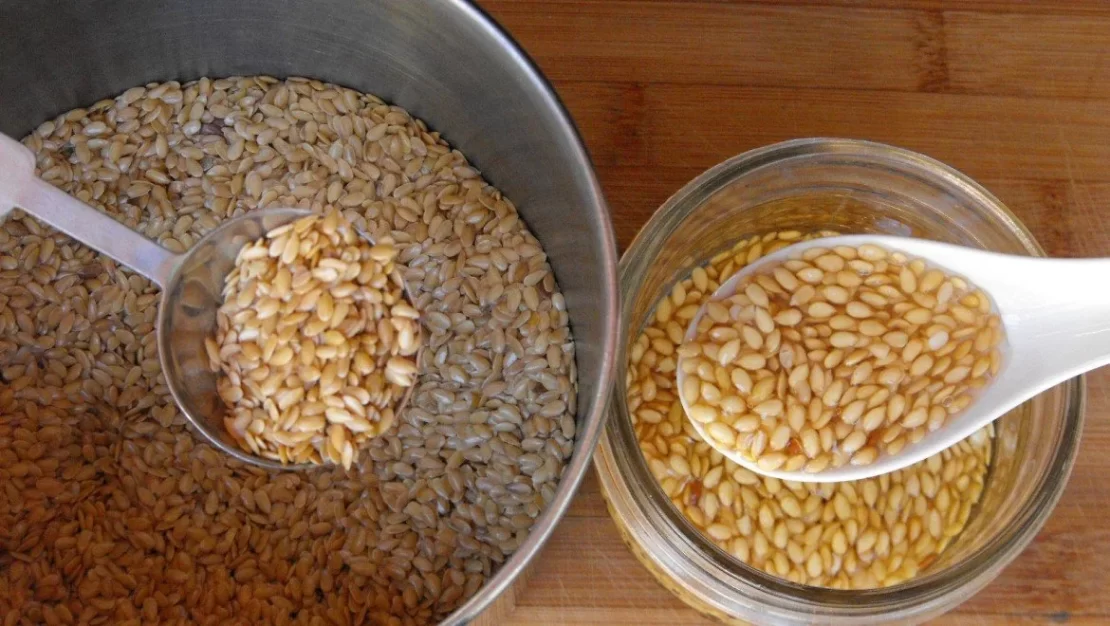-
-
Suite 1, Floor 2, Wing C, Alhaji Adenekan Plaza, Okota Road, Isolo, Lagos State, Nigeria
Blog Details

08
MayExploring the Differences: Raw Sesame Seeds vs. Roasted
Exploring the Differences: Raw Sesame Seeds vs Roasted
Contents
Hello, esteemed readers and prospective clients,
As a content writer for Gombella Integrated Services Limited, I am delighted to delve into the intriguing topic of raw sesame seeds versus roasted sesame seeds. Understanding the distinctions between these two varieties is essential for those considering importing sesame seeds from our esteemed company. Let’s embark on this informative journey together.
Raw Sesame Seeds: Nature’s Nutrient Powerhouse
Raw sesame seeds, in their natural state, offer a plethora of nutritional benefits. These tiny seeds are rich in essential nutrients, including protein, fiber, healthy fats, vitamins, and minerals. When consumed raw, sesame seeds provide a crunchy texture and a delicate, nutty flavor, making them a versatile ingredient in various culinary applications.
Roasted Sesame Seeds: A Toasty Flavor Sensation
Roasted sesame seeds undergo a process of heating, which enhances their flavor profile and texture. The roasting process intensifies the nutty taste of sesame seeds while imparting a delightful toasty aroma. Roasted sesame seeds are often used as a topping or garnish in dishes to add a savory crunch and depth of flavor.

Nutritional Comparison: Raw vs. Roasted Sesame Seeds
- Nutrient Retention: While both raw and roasted sesame seeds offer nutritional benefits, the roasting process may lead to some nutrient loss, particularly in heat-sensitive vitamins and antioxidants. However, roasted sesame seeds still retain a significant portion of their essential nutrients, making them a nutritious choice for consumers.
- Flavor and Texture: Raw sesame seeds have a milder flavor and a softer texture compared to their roasted counterparts. Roasted sesame seeds, on the other hand, boast a more robust flavor profile and a crispier texture, thanks to the caramelization that occurs during the roasting process.
- Digestibility: Some individuals may find roasted sesame seeds easier to digest due to the breakdown of certain compounds during roasting. However, others may prefer raw sesame seeds for their simplicity and purity of taste.
Culinary Applications: Raw vs. Roasted Sesame Seeds
- Raw Sesame Seeds: Raw sesame seeds are commonly used in baking, cooking, and as a nutritious addition to smoothies, salads, and granola bars. They can also be ground into tahini or sesame paste for use in dips, sauces, and dressings.
- Roasted Sesame Seeds: Roasted sesame seeds are popularly used as a topping for sushi, salads, stir-fries, and noodle dishes. They can also be ground into sesame powder or blended with oil to create sesame paste for savory sauces and spreads.
Making an Informed Choice
When deciding between raw and roasted sesame seeds, it ultimately comes down to personal preference and intended usage. Both varieties offer unique flavors, textures, and nutritional profiles, allowing you to customize your culinary creations according to your taste preferences and dietary needs.
In conclusion, raw sesame seeds and roasted sesame seeds each have their distinct characteristics and culinary applications. Whether you opt for the simplicity of raw sesame seeds or the bold flavor of roasted sesame seeds, rest assured that you are incorporating a nutritious and versatile ingredient into your dishes.
At Gombella Integrated Services Limited, we take pride in offering premium-quality sesame seeds that meet the diverse needs of our clients. If you prefer raw or roasted sesame seeds, you can trust in the quality and integrity of our products for your culinary endeavors.
Author's Details
gombella
Other posts by gombella